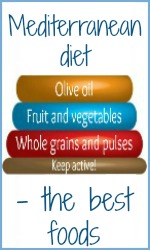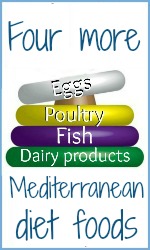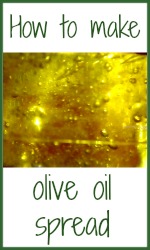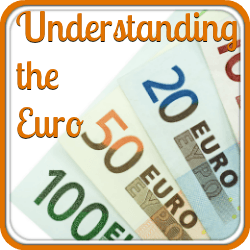Mediterranean diets : sweets, red meats and your family's health.
Sweets and red meats may be popular but Mediterranean diets use them sparingly. Using the healthy diet pyramid, we explain why.
The final tier of the Italian-based Mediterranean diet pyramid : eat these once or twice a week only.
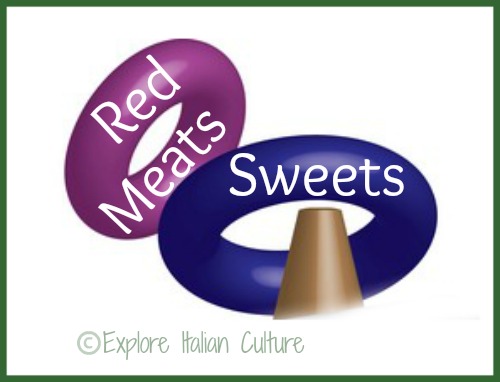
Want to go straight to the red meats section?
The healthy diet pyramid level 8 : Sweets and desserts.
Think of Italy and you think of 'gelato' - delicious Italian ice cream. Or Tiramisù. Or 'cannoli'. Or gorgeous dark Italian chocolate. Yum.
Mediterranean diets certainly do include sweets (candies) and desserts and they're not all bad - they give pleasure and sometimes a needed energy rush.
Cannoli - a favourite Italian dessert.
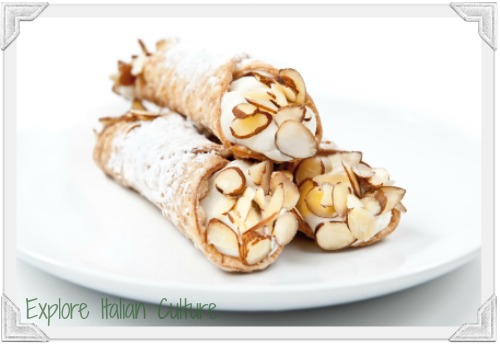
But although eating sugary foods is not a complete taboo in Mediterranean diets, chocolate lunches should not be an option! If desserts become too much a part of the way we eat, not only do they cause us harm in weight gain and tooth decay, they lose their pleasure factor too.
The difficulty with many western diets is that we've become used to having sugar added into our meals and we miss it when it's not there.
Processed foods, for example, have a large quantity of sugar - check the figures next time you pass the frozen dinner aisle. Mediterranean diets don't use processed foods; meals are made from freshly bought or home grown produce.
Local grapes - we pick them then eat them!
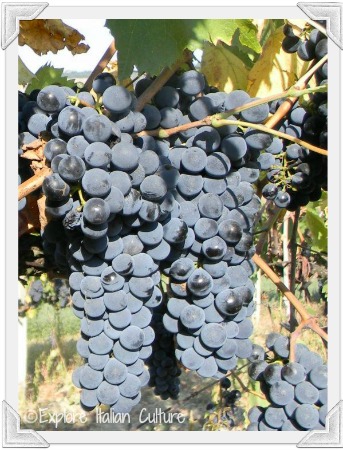
After a large meal of pasta, meats and vegetables it's actually quite unusual for Italian people to eat a heavy sweet. If there is a dessert it will be a very small portion, but they're much more likely to get their sugars naturally, often with a piece of fruit. Fresh grapes are always on the table, and any other fruits as they come in season.
And if you've ever been to Greece you'll know that honey and yoghurts form the base of many sweet treats there - often accompanied by nourishing nuts.
So take the lead from the long-lived peoples of the Mediterranean and remember - buy fruits according to the season, and enjoy desserts as an occasional treat.
Mediterranean diets level 9 : Red meat.
Mediterranean diets enjoy meat as part of balanced eating habits - but, as with sweets, if you reduce the frequency you enhance the pleasure.
People disagree about the effects of red meat. It's a great source of protein, iron and vitamin B12, but there's medical evidence that its saturated fats can increase the risk of heart disease and some cancers.
There's also some evidence that red meats contribute to arthritis and kidney disease, possibly because of the chemicals pumped into intensively-farmed animals. (Source : World Health Organisation)
How to balance the good with the bad?
The study which began the whole principle of trying to spread Mediterranean diets worldwide found that the people involved in the original research did eat red meat - just not as much or as often as in other parts of the world.
So Top Tip number one - cut down the number of times each week you eat red meat. Substitute chicken, turkey or fish for a healthier option.
They also discovered that the way in which meat was prepared differed greatly from other cultures.
Tip number two : Grill your red meats! The kids will love it. Grill it, BBQ it, roast it in a dish which allows the fat to drip away from the meat. You get all the goodness and not much unhealthy fat.
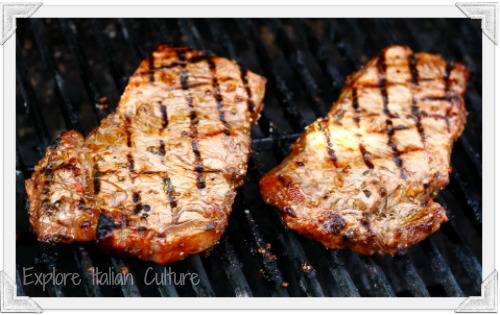
BBQ red meats on the grill - delicious!
The study also found that very little, if any, processed meats were eaten. No hamburgers, no sausages, no batter-coated nuggets. The exception was sausages which were hand made and contained no additives or preservatives. And that, by and large, is still the way it is - in rural Italy at least.
Tip number three. Cut out the number of times you take the kids out for a burger or sausage and fries. If you want one, make your own without additives or preservatives, and with good quality meat.
And as a bonus, you'll find the kids will enjoy
helping!
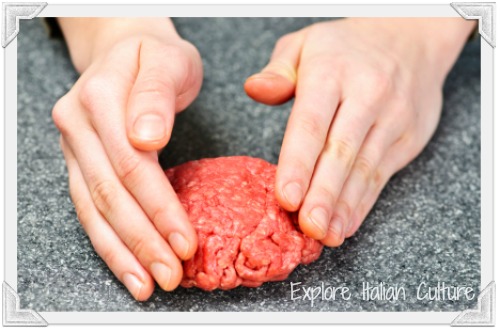
And finally, Mediterranean diets tend to use either free range, home-farmed animals killed locally, or at the very least sourced from a known provider - usually a local farmer.
Top tip number four : How can you follow that piece of advice? Buy from local sources like farmers' markets. Don't buy cheap cuts of meat from intensively farmed animals - try free range.
If your supermarket doesn't carry free range - write to them. Tell them you want them to. Get together with friends and put pressure on them.
A free range cow in the Alto Adige alpine region of Italy.
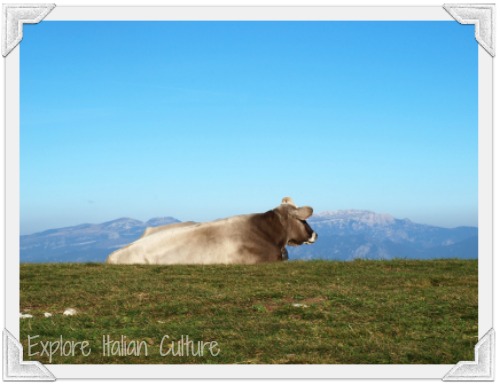
Will it cost a little more? Yes. Will it be worth it? Well, that's for you to judge. But the evidence of the Mediterranean diets is that it helps prolong life.
Aren't you and your family worth that?
And finally : find your legs!
One final thing about Italian health in general. From the vantage point of the top of the pyramid, we can look down and spot another important lifestyle hint.
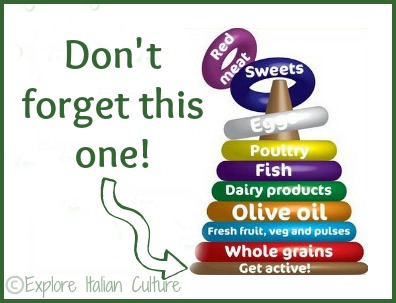
Exercise!
People of all ages walk everywhere in Italy.
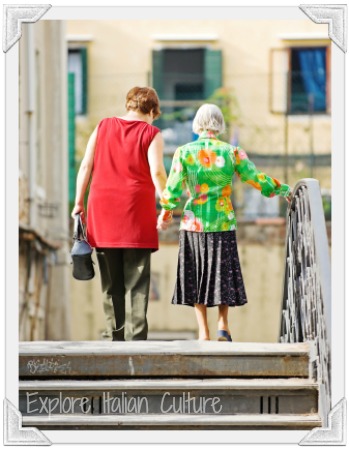
Steep Italian hills help - people, even very old people, walk up them to get their shopping. Living in a country with a huge coastline helps - there's a sea to swim in.
And for you, who may not have those things? There's always a way!
Don't drive everywhere. Stop and walk - savour your neighbourhood. Discover the joys of cycling again. Dance, even if it's just in the privacy of your own home. Skip, even if it's just with a piece of old rope.
Rediscover, as the people of Italy do every day, the pure joy of living.
If you missed the first tiers of the Italian-themed healthy diets pyramid don't worry - follow the links by clicking on the pictures below.
Alternatively, go back to the top of this page about Italian themed Mediterranean diets.
If you want to know more about the diet in general, here are some more links.
Please note : we are not medically qualified and we do not offer medical advice. The information contained here is validated by the World Health Organisation and is given in good faith as general advice only.
